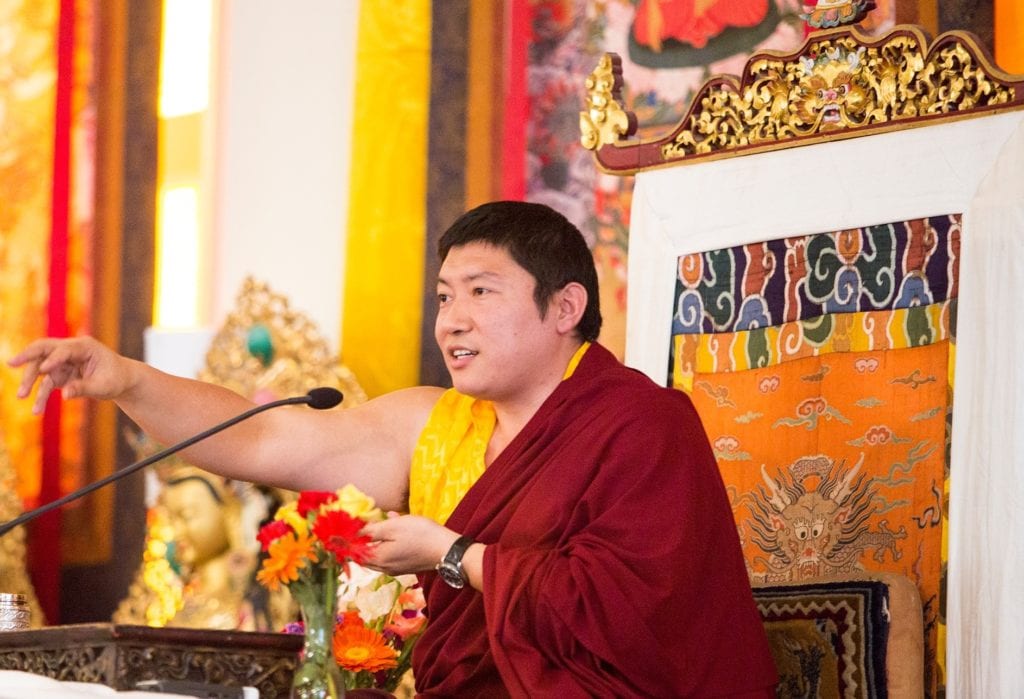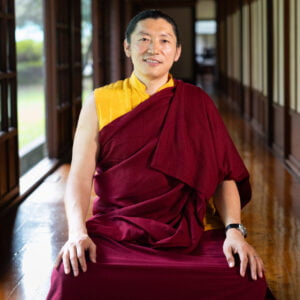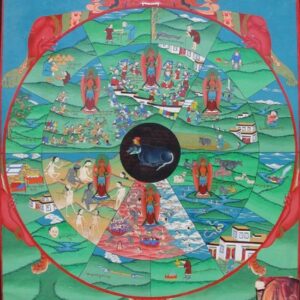Transformation and Seeing Mind
Transformation is something that many of us seek. Some of us might attend a talk about meditation or mindfulness if we think it leads to positive change. But when we first hear the word “dharma,” we might not have any clear ideas about what it means. In this audio clip, Phakchok Rinpoche explains why dharma means transformation and seeing mind. And once we understand this, then we can understand the true value of learning the dharma.
Classically speaking, the word “Dharma” has many meanings. In this short excerpt, Phakchok Rinpoche uses very simple language to explain why Dharma matters. If we read too many books or approach the study of Dharma like a school subject, then it may overwhelm us. Instead, Rinpoche asks us to focus on why Dharma can help us. We benefit if we understand how Dharma helps us in our day-to-day life.
Transformation
Dharma means transformation. When we use the Dharma to transform, we mean more than just physical change.
For over two thousand years, men and women have followed these teachings in order to bring about change in their lives and countless practitioners have reported success.
Dharma transforms because, as Rinpoche says, it holds our minds. If we live according to the Dharma, then we are held back from falling into bad behavior. What is bad behavior? We can define bad behavior as actions that create suffering for ourselves and for others.
Seeing Mind
Seeing how our mind works is an important part of transformation. When we practice meditation, we get practical understanding of how we perceive things. But seeing mind doesn’t happen so easily if we read a lot of books or study hard. Instead, we need to learn how apply practice instruction to our minds. When we do that, we notice if we are behaving in artificial ways. We observe our own habits and behavior then develop a clearer picture of how many things influence us. Finally, we come to actually experience the true nature of mind.
As we learn to see our minds, we realize that much of the happiness and sadness we experience comes from our thinking. For example, if we keep a pessimistic outlook, then we will tend to see everything negatively. That doesn’t mean that bad things don’t happen, but as we transform, we can see how we increase our suffering because of our habits.
Rinpoche says that we need to investigate this for ourselves. Dharma only becomes important for us when we discover how we are fooled by our own perceptions. Then, we will be eager for transformation! And we will truly appreciate the Dharma.











Responses
Thank you Rinpoche ????????????????????????????????????????????????